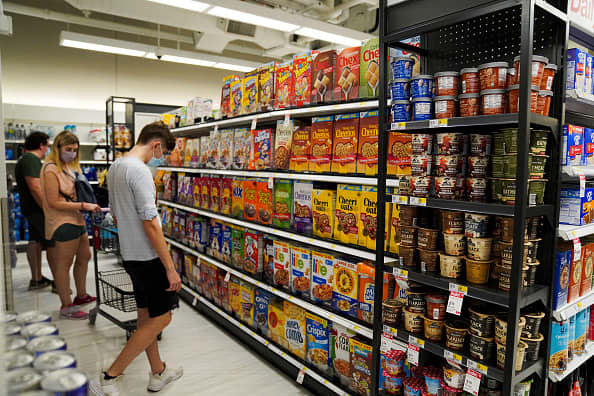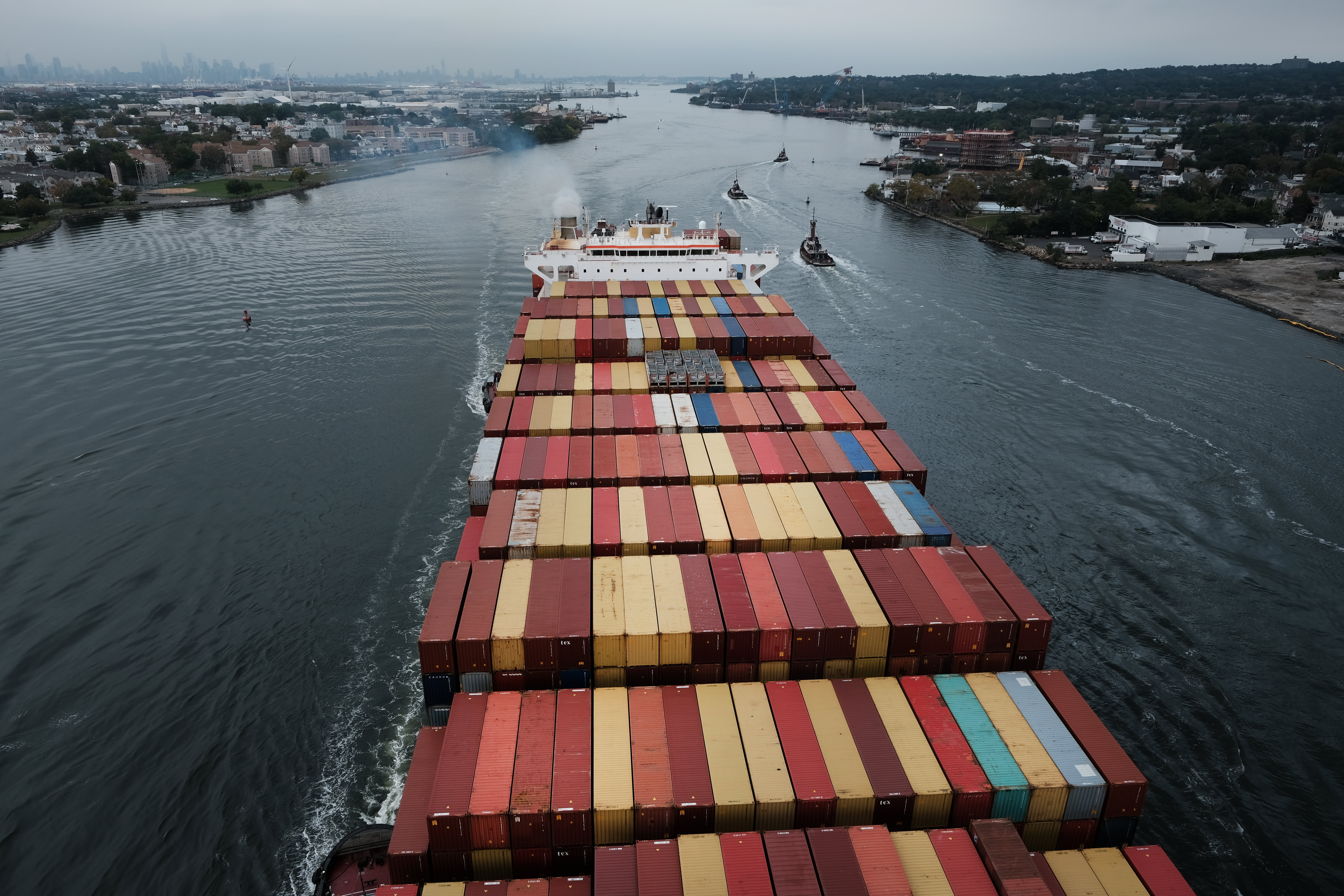News headlines about broken supply chains are seemingly everywhere. But is all the talk of shortages leading to unnecessary panic buying? That’s a real possibility, says Nicholas Economides, a professor of economics at New York University.
“When people expect shortages, there’s a run on the store,” Economides explained. “People go and buy what they can when they can.”
To be sure, there are lots of product categories where broken supply chains have already created stockouts and empty shelves. For example, a low supply of computer chips has limited vehicle production. Container ship logjams have delayed appliance and furniture deliveries.
But in some cases, fears of shortages are premature.
Get Tri-state area news and weather forecasts to your inbox. Sign up for NBC New York newsletters.
This month, the I-Team asked consumers which gift list items they believed would be hard to find this holiday season.
- Lance Phan, of Grand Rapids, Mich., said he’s concerned WiFi smart locks – the kind that remotely unlock doors – may be out of stock.
- Ashley Franklin, of San Ramon, Calif., said she’s heard Lego toys are hard to come by.
- Christopher Rodrigues, of Brooklyn, N.Y., said he wants to buy his father a high-end massage gun – but he’s worried it may already be in short supply.
As it turned out, News 4 was able to purchase the massage gun, Legos and the smart lock online with just a few clicks. All three were delivered within three days.
Still, the fear is real.
According to a consumer survey last month by the consultant Deloitte, 75% of holiday shoppers are concerned retail products, especially toys and electronics, will be out of stock this holiday season. Sixty-eight percent of consumers said they plan to start buying before Thanksgiving due to concerns about broken supply chains.
Price inflation is also encouraging people to speed up purchases.
Inflation expectations have increased significantly in 2021, according to New York Federal Reserve data. At the beginning of the year, consumers predicted a 3% increase in prices next year. By October, they predicted an increase of 5.7%.
On top of that, the federal government is poised to spend record totals on infrastructure -- and perhaps, new social programs. That spending could add to inflation fears, thereby encouraging more consumers to make big purchases now.
Economides said fears about future price increases and shortages -- whether imagined or not -- can be self-fulfilling, putting additional pressure on supply chains.
“When you stress the system a lot, there are going to be breaks," Economides warned.




